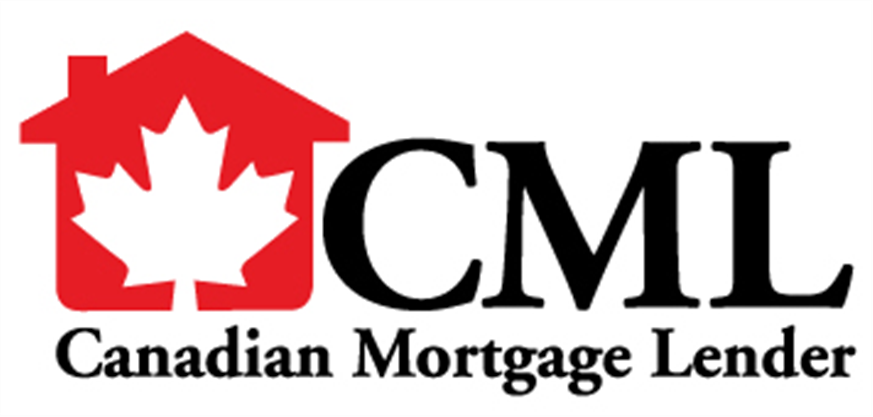
Chris Stewart
BROWSE
PARTNERSDon’t Lose Your Mortgage Approval During Rising Inflation and Interest Rates
7/20/2022
NEWS
According to a Statistics Canada release the morning of July 20, 2022, Canada’s Inflation Rate has hit the mighty number of 8.1% year-over-year for the month of June. We now have the highest inflation rate our country has seen in almost 40 years.
The Bank of Canada has been fighting inflation that is stampeding across Canada by increasing interest rates since this past March and made a historic announcement earlier this month by providing a 100 basis-point increase and pushed the country’s Prime Rate to 4.70%.
These factors have greatly impacted the market, cost of living and even fixed and variable mortgage rates. Fixed Rates are effected more based on the Canadian Bond Market but Variable Rate Mortgages (VRM) are directly impacted by the Bank of Canada’s rate increases as they are based on the Prime Rate.
With rates rising regularly, it is important to understand that when your mortgage application has been approved by the Lender and by the Insurer when the financing is deemed to be a High-Ratio (When you are paying less than a 20% down payment), any changes to the mortgage will need to be re-approved by both parties. A rate increase alters the required Stress Test (Mortgage Qualifying Rate) so changes to the mortgage post approval could result in a decline and a loss of the original approval.
To counter this possibility, it is now, more than ever, critical that the application is structurally sound prior to submitting the application to the Lender. To assist your Mortgage Professional with this, it is even more crucial that the supporting documentation required is collected up front to ensure the application’s information is accurate and supported according to Lender and Insurer underwriting guidelines and that the numbers involved are correct prior to a Lender Submission.
Working this way will better position the application so when the Conditional Approval is received, there will not be any further changes to the mortgage so a Lender and/or Insurer will not need to underwrite the file again and expose your original approval to be declined.
Good advice is that once your mortgage is approved, you should not create any changes and ensure everything stays the same. A minor change could be deemed material and force the application to be reviewed again.
Sources: Storey, Canadian Mortgage Trends, Statistics Canada




























